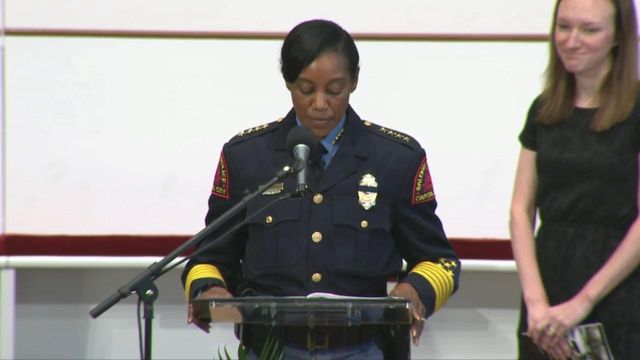As Traffic Resumes on Crucial Border Crossing, Ottawa Remains Snarled

After protesters blockaded a critical economic link between the United States and Canada for nearly a week, traffic began making its way over the span again early Monday, providing some relief to Canadian authorities struggling to tame the protests and to industries disrupted by the unrest.
But any sense of accomplishment by law enforcement at the Ambassador Bridge, which links Detroit and Windsor, Ontario, was offset by the tenaciousness of protests in the nation’s capital, Ottawa, which are now in their third week. Truckers have snarled traffic, disrupted normally serene residential neighborhoods and undermined the local economy. Virtually unchecked, they have also cut off access to the country’s Parliament, Supreme Court and the prime minister’s office.
The loosely organized “Freedom Convoy” demonstrations shaking Canada began as a protest against the mandatory vaccination of truck drivers crossing the U.S.-Canada border. But they have transformed into a battle cry against pandemic restrictions as a whole and the leadership of Prime Minister Justin Trudeau.
Trudeau was to meet Canada’s premiers Monday to discuss the crisis. Over the weekend, Bill Blair, the minister in charge of emergency preparedness, said the government was prepared to invoke the Emergencies Act to end the protests, describing a “critical situation.”
The invocation of the act confers enormous temporary powers on the federal government, allowing it to do what is necessary to restore public order, for example, banning public assemblies or restricting travel to and from specific areas. While the prime minister and the Cabinet can invoke the act whenever they see fit if the security of Canada is deemed under threat, the decision must then be approved by Parliament within a week.
The political optics of invoking the act are fraught for Trudeau, given that the act allows the government to breach constitutional rights in the name of restoring public order.
While discussions about whether to invoke that act were underway, the Royal Canadian Mounted Police in Alberta said it had arrested 11 people and seized a large cache of weapons, including 13 long guns, handguns and a machete. It said in a statement that the people arrested were linked to a small group of protesters near a border crossing in Coutts, Alberta, — which has been blockaded for days — and that the group was willing to use force against police if any attempts were made to disrupt its demonstration.
Demonstrations continued to disrupt service at a border crossing in Emerson, Manitoba.
Doug Ford, premier of Ontario, announced Monday morning that, as of March 1, the province will no longer require people to show proof of vaccination to enter any indoor spaces. He stressed that the decision to rescind the so-called vaccine pass was based on the diminishing number of coronavirus cases and hospitalizations, and was not a concession to the demonstrators.
The occupation in Ottawa has galvanized vaccine mandate opponents and others exhausted by pandemic restrictions, drawing protesters who have flocked to the convoy in a partylike atmosphere. The protests have spread across Ontario and Canada, with smaller ones popping up in other countries. Many among the protesters are on the fringe, and some have links to far-right groups. But there are also everyday Canadians who are irate about the toll of pandemic restrictions.
Canada has had among the toughest restrictions in the developed world, fanning growing frustration and fatigue as the pandemic has raged on.
But a poll released Monday by the Angus Reid Institute, a leading polling organization, showed that, three weeks into the unrest, Canadians did not support the protesters’ demands. Nearly 45% of Canadians said the protests had made them more inclined to support indoor masking requirements as well as vaccination requirements to cross the Canada-U.S. border, the polling organization said.
With the government struggling to ease tensions in the capital, officials have been trying to broker a deal for the truckers to pull out of some neighborhoods. The mayor’s office released an emailed letter dated Saturday from one of the protest leaders, Tamara Lich, in which she said, “We will be working hard over the next 24 hours to get buy in from the truckers.” This article originally appeared in The New York Times.









